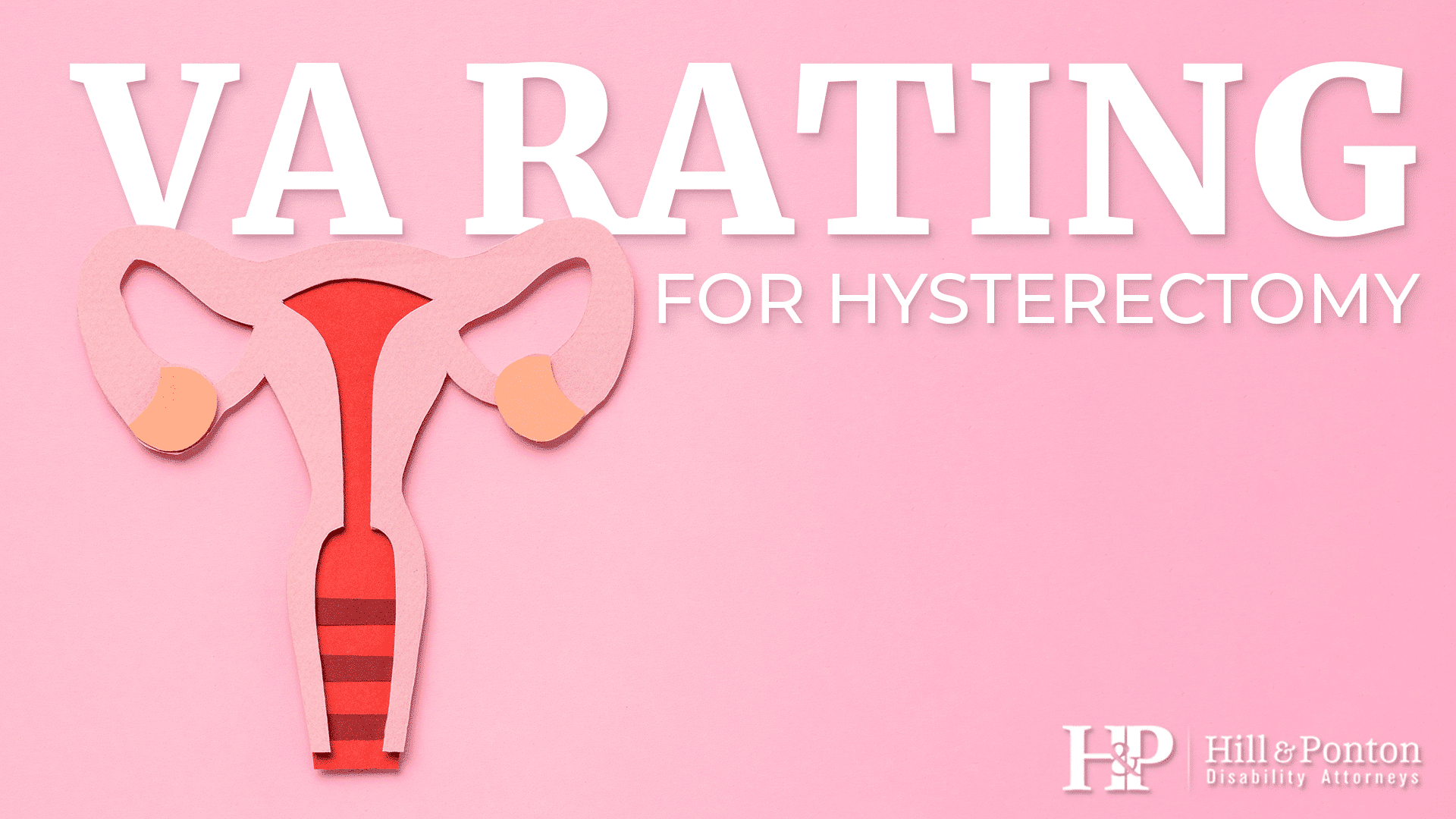Female Sexual Arousal Disorder (FSAD) is increasingly recognized as a significant health issue among female veterans.
This condition encompasses various symptoms of sexual dysfunction, which can profoundly impact quality of life.
In 2018, the U.S. Department of Veterans Affairs updated its rating schedule to include FSAD, reflecting a commitment to acknowledging and addressing this condition equitably among veterans.
What is Female Sexual Arousal Disorder?
FSAD may manifest as:
- Low Sexual Desire: A lack of interest in initiating or participating in sexual activity.
- Orgasmic Disorder: Difficulty achieving orgasm despite adequate sexual stimulation.
- Sexual Arousal Problems: Challenges with becoming or staying aroused during sexual activity.
- Sexual Pain Disorder: Experiencing pain during sexual contact or stimulation.
Risk Factors
There are a variety of risk factors to consider with FSAD including:
- Psychological conditions such as anxiety or depression.
- Physical health issues, including heart or blood vessel disease.
- Neurological conditions or adverse effects from certain medications.
- Past trauma, including military sexual trauma (MST).
Establishing Service Connection for FSAD
Veterans must show:
- A current medical diagnosis.
- An in-service event or aggravation of a pre-existing condition.
- A medical nexus linking FSAD to the in-service event.
VA Ratings and Compensation
While FSAD typically receives a 0% disability rating unless there is physical damage to genital organs.
Additionally, veterans may be eligible for Special Monthly Compensation (SMC), if there is physical damage to the genitals, depending on severity and impact on function.
Additionally, you may want to consider Secondary Conditions to help increase your VA Disability Rating.
Read more in the following section.
Secondary Conditions Related to FSAD
FSAD can lead to secondary conditions that may also be compensable.
Some of the secondary conditions to consider include:
- Mental Health Disorders: Including PTSD, depression, and anxiety, particularly if FSAD stems from MST.
- Chronic Pain: Ongoing pain management issues.
- Conditions Related to Hormonal Imbalances: PCOS, infertility, thyroid disorders and diabetes.
Navigating the VA claims process for FSAD and related conditions can be complex.
If you’re struggling to establish a service connection or facing challenges with your claim, it’s essential to seek professional guidance.
Did the VA Deny Your Disability Claim?
Let our team review your case today!
Get a Free Case EvaluationCassandra Crosby, an Accredited Agent and claims advocate for Matthew Hill & Shelly Mark’s teams, reviewed the information provided in this post.



